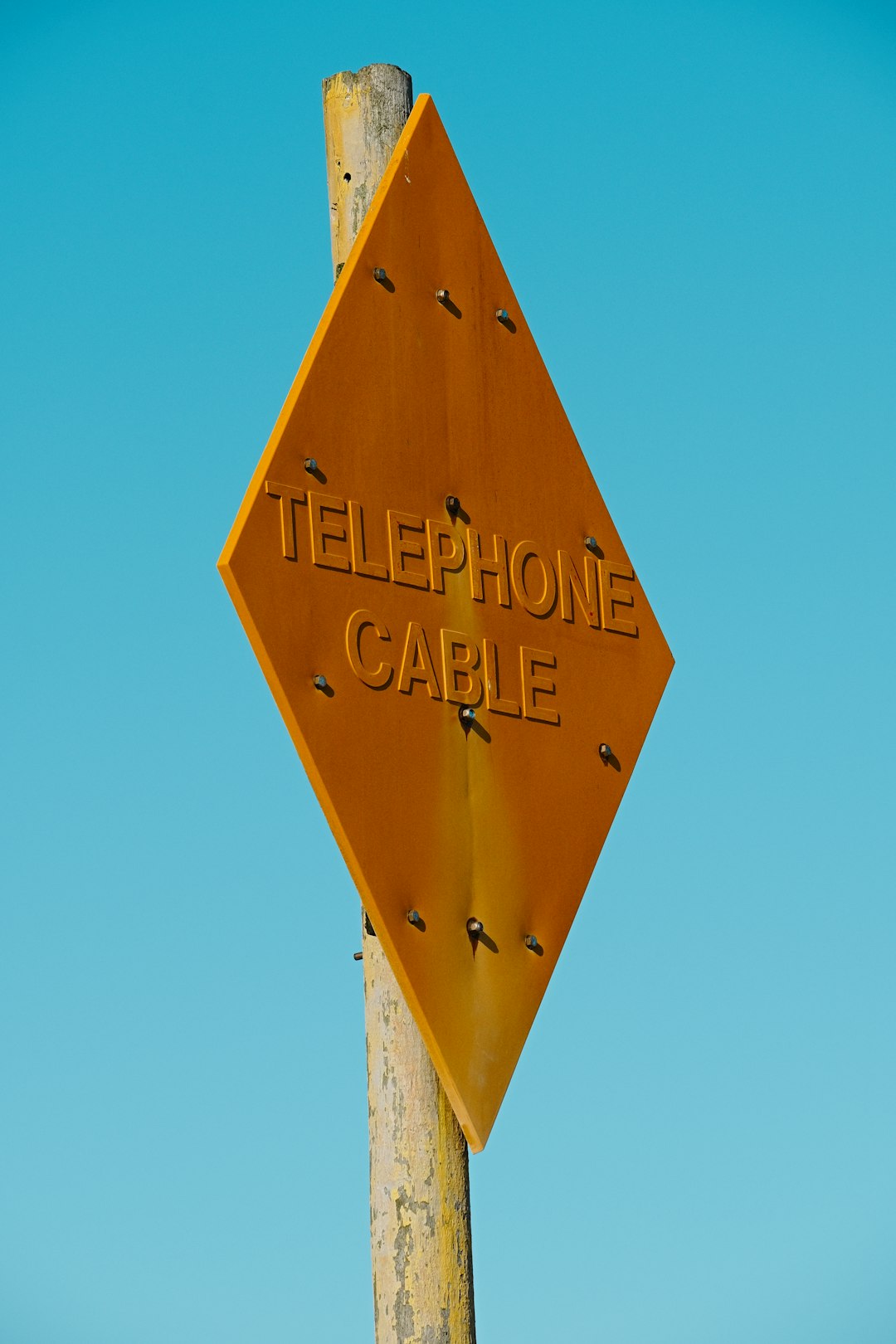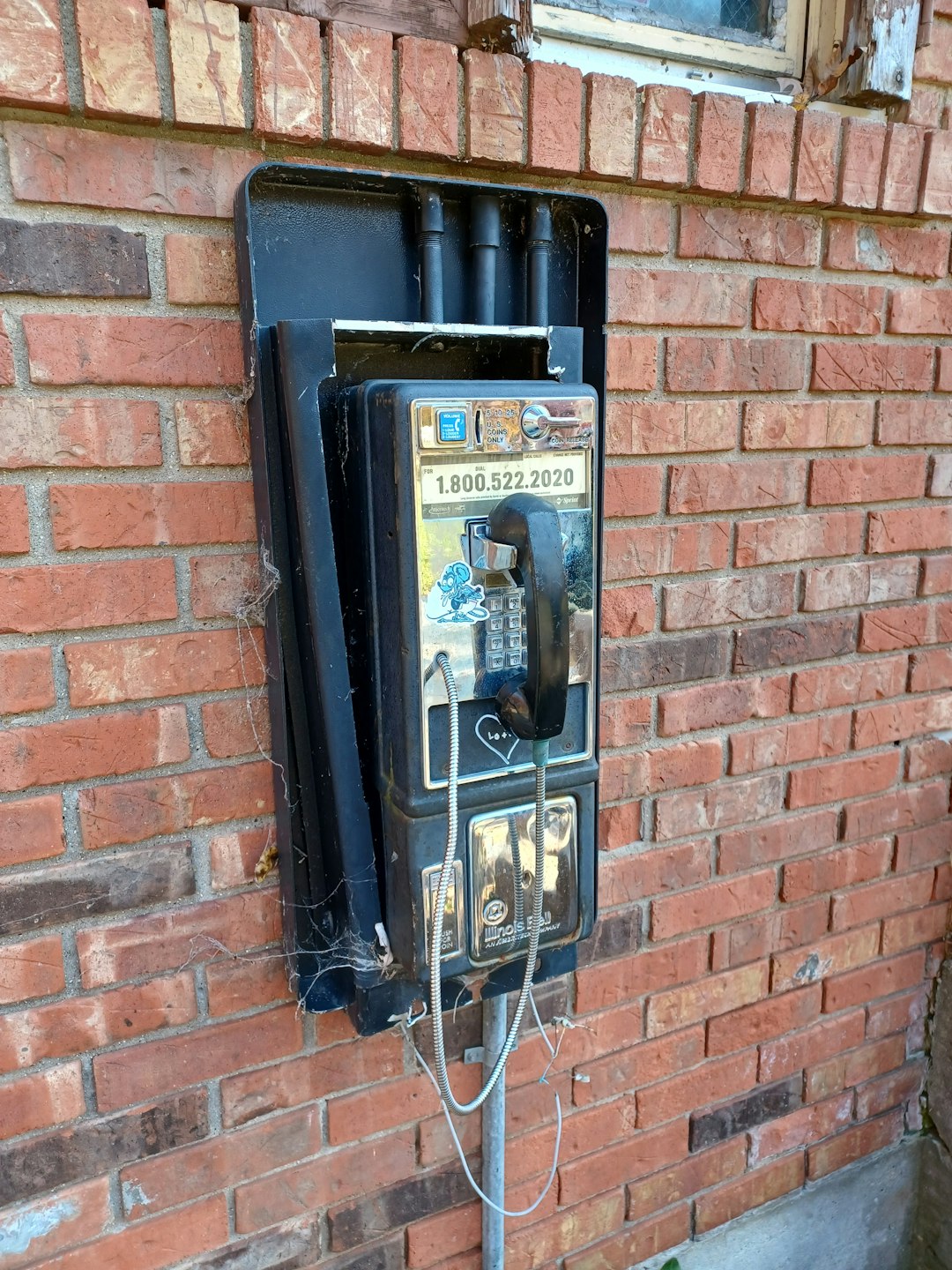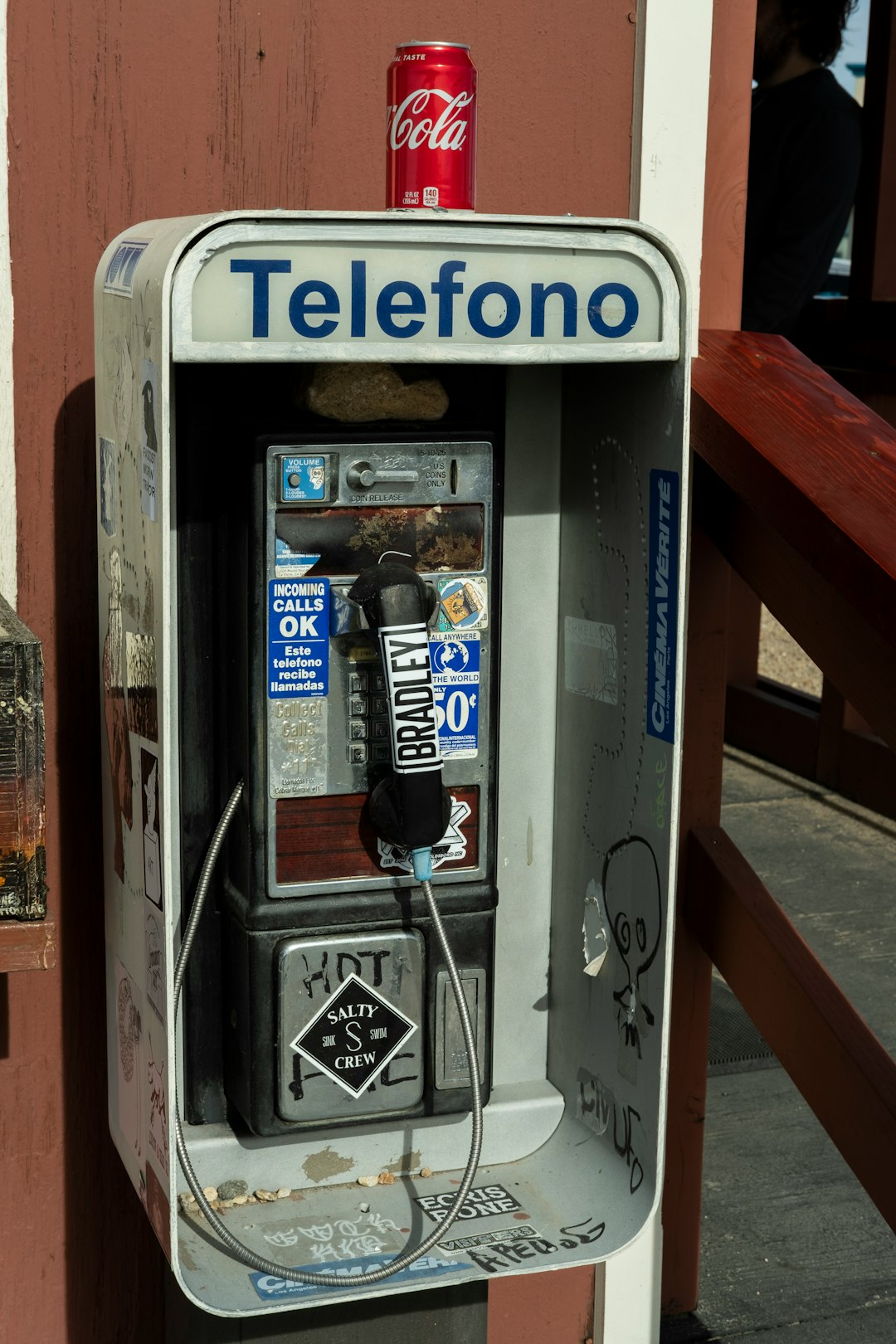Connecticut offers strong protections against robocalls and spam texts through federal TCPA and state Do Not Call laws. Victims can file complaints and seek help from specialized robocall or spam call attorneys who provide legal guidance, protect rights, and offer financial compensation for anti-spam law violations. Registering on the National Do Not Call Registry is a first step; lawyers assist with navigation, harassment resolution, and actions against repeat offenders under Connecticut's strict robocall laws. Reputable law firms cater to unwanted text issues, ensuring compliance and respite from nuisance calls.
Tired of relentless spam messages and robocalls in Connecticut? You’re not alone. These intrusive calls can be a nuisance, even illegal under state laws designed to protect consumers. Our article guides you through navigating Connecticut’s anti-spam laws, offers practical steps to stop robocalls and unwanted texts, and explores legal action with a robust robocall lawyer or attorney in CT if your rights are violated. Discover your options and reclaim control over your communications today with help from reputable spam call law firms in Connecticut.
Understanding Connecticut's Anti-Spam Laws

In Connecticut, both state and federal laws protect residents from spam messages and robocalls. The Telephone Consumer Protection Act (TCPA) is a key federal legislation that restricts automated phone calls made to personal devices without prior consent. Additionally, Connecticut has its own Do Not Call law, which applies to telemarketers and further safeguards against unwanted communications. These laws empower individuals to take action against intrusive robocalls and spam texts by filing complaints with relevant authorities.
Connecticut residents who find themselves on the receiving end of relentless robocalls or spam text messages have legal recourse. Engaging the services of a robocall lawyer or spam call attorney in Connecticut can provide guidance and support. Specialized law firms focused on these issues can help navigate the legal system, ensuring that affected individuals’ rights are protected and offering potential remedies, including financial compensation for violations of state and federal anti-spam laws.
How to Stop Robocalls and Unwanted Texts

Robocalls and unwanted texts can be a persistent nuisance, but there are steps you can take to reduce their frequency in Connecticut. Registering your number on the National Do Not Call Registry is a good first move; this federal list restricts telemarketers from calling numbers listed on it. However, many robocalls originate from companies not covered by this law, so further action may be needed.
Hiring a specialized robocall lawyer or spam call attorney in Connecticut can provide effective solutions. These legal professionals are well-versed in the state’s robocall laws and do not call law firms, enabling them to take necessary measures against persistent violators. They can help you navigate legal options, file complaints, and potentially seek compensation for harassment caused by unwanted calls or texts.
Legal Action: Seeking Relief from Spam Calls

If you’re tired of relentless spam calls and text messages that are disrupting your daily life in Connecticut, it’s time to consider taking legal action. The Connecticut laws regarding robocalls and spam messages are designed to protect consumers from unwanted contact, offering several avenues for relief.
Connecticut has strict regulations in place to combat these intrusive practices. A robust Do Not Call list, enforced by the state’s Attorney General, allows residents to register their phone numbers and block most automated calls. Additionally, individuals can take legal action against violators by consulting a robocall lawyer or spam call attorney in Connecticut. These legal professionals can help file complaints, pursue damages, and ensure that companies comply with the state’s privacy laws, providing much-needed respite from nuisance calls and texts.






